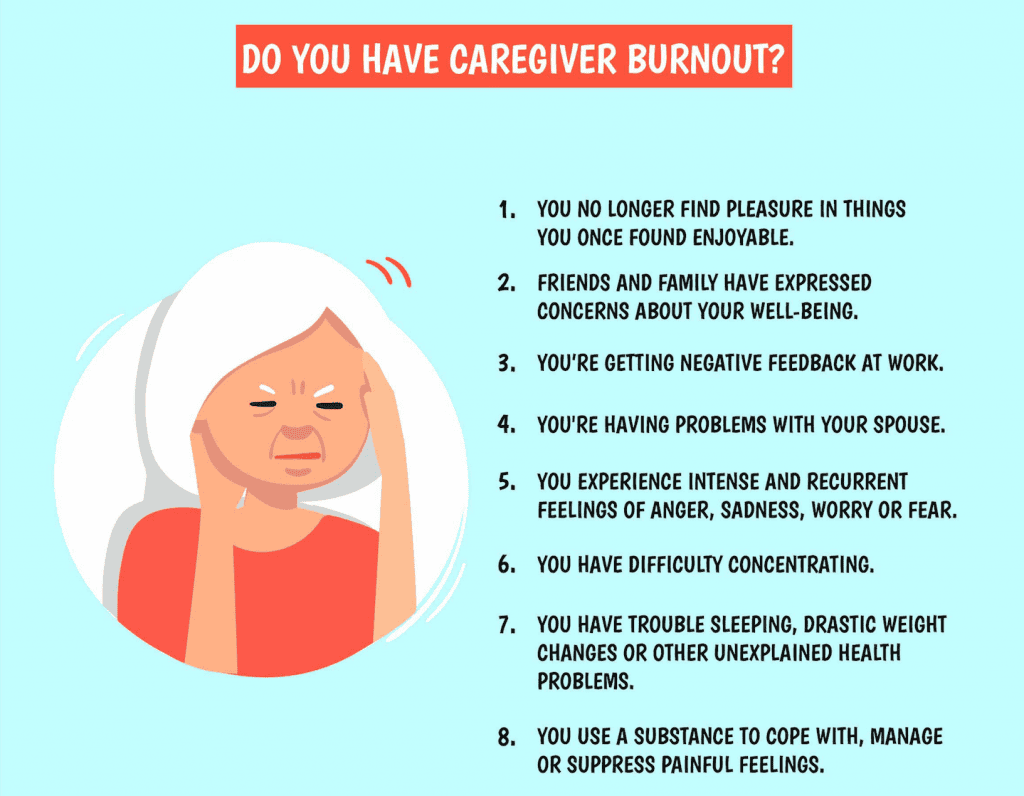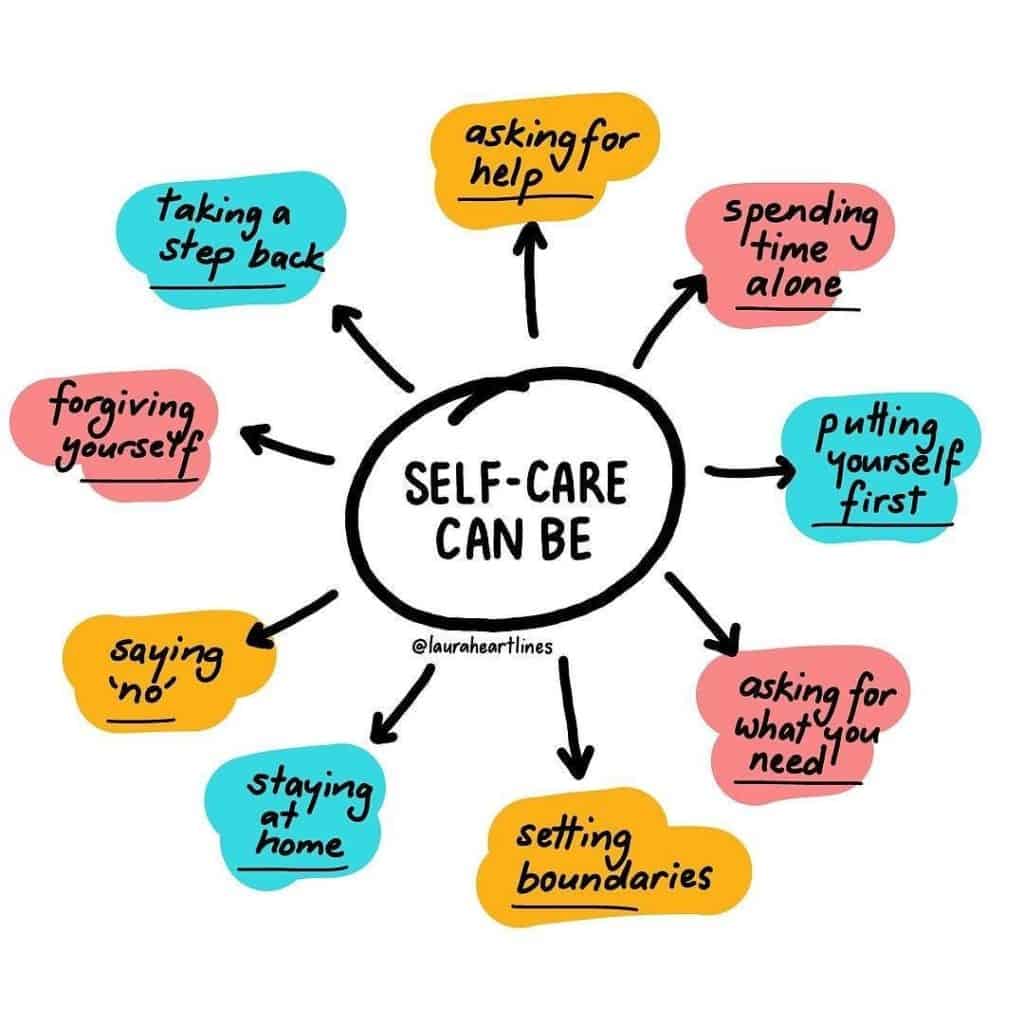This page may contain affiliate links. If you make a purchase through any of these links I will make a small commission. As an Amazon Associate I earn from qualifying purchases.
How Dementia Affects Family Members
Introduction
Learning that a loved one in your family has dementia is a pretty big pill to swallow, and its effect can be overwhelming. A dementia diagnosis carries a lot of emotion, and it can trigger negative emotions and conflicts that you and your family thought that you had long since buried.
If you have a loved one that has been diagnosed with dementia, then you’ve probably felt angry, scared, frustrated, and even a bit guilty, but the feeling of being overwhelmed is probably one of the biggest effects that dementia can have on you and your family.
It was devastating for my family and me when we found out about my Grandpa’s diagnosis. Suddenly, I was faced with the reality that my family had important decisions to make, and we all pretty much got to arguing the minute my Grandpa’s treatment, care, and living arrangements came up.
The most important thing to realize is that every family is unique, and yours is no different. Everyone is going to act differently to your loved one’s diagnosis, and different family members are going to be responsible for different aspects of their care.
Something that I learned through those arguments was that communication really is key when it comes to families and dementia. Though it’s certainly easier said than done, you and your family should make sure that you stay in contact and cooperate with each other to ensure that the welfare of your loved one with dementia is the top priority, all while making sure you’re looking after yourself as well!
Signs You’re Not Coping
The responsibility of looking after a loved one with dementia is huge, and it’s only a matter of time before you’ll encounter a crisis and realize that you aren’t coping. Because everyone reacts differently to difficult situations and experiences, it might not be apparent to you at first that a member of your family is struggling to cope with the reality of your loved one’s dementia. In fact, that person might even be you without you realizing it.
There are some general signs that people tend to show when they aren’t coping and are experiencing what is known as “caregiver burnout.”

As the image above shows, your burnout and difficulty coping can manifest itself in different ways. When I’d reached caregiver burnout, I was dead on my feet from exhaustion, yet I couldn’t sleep at night. I worried about my Grandpa all the time and felt guilty if I wasn’t helping him and taking some time for myself instead.
In short, I wasn’t coping, and if you or a family member show any of the above or following signs, then you might want to consider that you could be suffering from caregiver burnout:
- Anxiety-related symptoms
Unexplained aches and pains, nightmares, sleep disturbances, and excessive worrying are all signs of anxiety, and you should consider speaking to your family and GP if you are experiencing them.
- Work deterioration
It’s no secret that people find it difficult to concentrate and work when they’re distracted by something else. Usually, the quality of your work suffers and you’ll find yourself on the receiving end of some pretty harsh treatment from your superiors and fellow employees as a result.
Take it from someone who almost got fired because of this; inform your work colleagues and superiors of your situation while taking the necessary steps to improve your own ability to cope.
- Being sad and teary
Depending on your personality, you may find your loved one’s dementia to be very upsetting, which can cause extreme emotions. You need to understand that even though you are feeling overwhelmed and under pressure, there are beacons of support all around you.
You need to take care of yourself so that you can take care of your loved one with dementia.
- Appearing unaffected
Just as some people may react to your loved one’s dementia diagnosis with extreme emotions, others may appear not to react at all. It’s okay if you’re one of those people, but you need to realize that you’re likely bottling up your emotions and that you need to talk about them before they start to affect you negatively.
- Retreating from the situation
Sometimes, you or a family member may appear disinterested with your loved one and their dementia diagnosis. This doesn’t mean that you are horrible people. In fact, retreating from the situation shows that you’re finding the situation particularly difficult to handle and don’t know how to respond to it.
Something I’ve learned from my own experience is that it’s important to show love and reassurance to members of your family who do this so that they can be encouraged to talk about how they feel instead of avoiding the reality of the situation.
- Getting overly involved
I’m guilty as charged when it comes to this one. If you’re anything like me, then you’ll try and make up for your loved one’s dementia diagnosis by trying to adopt all of the roles and responsibilities necessary for their care.
It’s okay to want to help, but you need to remember that you also have your own life to live, and trying to control your life and the life of another person is going to make you tired and cause caregiver burnout.
- Social isolation
Caring for your loved one with dementia can be exhausting, and the thought of going out and socializing after a long day is probably the very last thing that you feel like doing, but it’s harming to push yourself to do so.
Your relationships will crumble if you don’t maintain your social life, and you can’t possibly hope to enjoy your life and look after your loved one with dementia when you’re all alone and feeling the effects of isolation.
The best thing you can do for yourself, your family, and your loved one with dementia is to look after yourself and each other. You can do this by incorporating coping strategies into your everyday lifestyle and care plan.
Coping Strategies
Implementing strategies that can promote cooperation and lessen conflict in your family is a great first step towards not letting your loved one’s dementia have a negative effect on you. Some great strategies include:
- Allowing yourself time to adjust
Accepting that your loved one has been diagnosed with dementia is a pretty big deal. It’s okay to need a time out to gather your thoughts and prepare for what comes next.
Let your family know how you’re feeling and explain that you need some space to work through it. They’ll appreciate your honesty, and might even be struggling with it themselves!
- Sharing responsibility
It’s not fair if only some of your family members are the ones tasked with looking after your loved one with dementia. Making a list of roles and responsibilities for each person is very valuable, and you can make sure that you play into each person’s strengths.
Some family members may prefer to be more hands-on, while others might prefer to do errands or book doctor’s appointments. Either way, make sure you share the responsibility and the workload so you, your family, and your loved one with dementia are as comfortable as possible.
- Meeting regularly
Family meetings to discuss important issues about your loved one are crucial. Communication is key, and you can address multiple concerns in one go if you meet regularly.
It’s a good idea to create an agenda before you meet and make sure that all family members have a clear understanding of the way forward after each meeting.
- Communicating honestly
Squashing your emotions does nothing to help you, your family members, or your loved one with dementia. If you’re feeling overwhelmed or have other strong feelings, communicate them with your family members openly and honestly. They’ll be able to help you out while still making sure that your loved one is being looked after.
- Not criticizing
There’s no “right” way to care for your loved one with dementia, so you and your family need to respect each other’s caregiving abilities, styles, and values.
- Considering counseling
As I found with my own family, some conflicts are just too big to deal with alone. If you need help resolving a conflict or working through an emotional situation, don’t be afraid to reach out for counseling help. You can go alone or as a family group so that you can move past whatever the issue is and focus on caring for your loved one.
A simple Google search for counselors in your area will bring up plenty of results for you to choose from. If you’re still unsure about where to start with finding a counselor, you can have a look at listed counselors categorized by state by clicking here.
- Finding additional support
If you find that you and your family are struggling with certain parts of your loved one’s care, then don’t hesitate to reach out for additional help.
People’s eating habits tend to change after their dementia diagnosis and as the disease progresses. It also affects their mobility, communication, and other aspects of their functioning. You might need to reach out to a nutritionist, or even a physical therapist at some point.
- Setting up routines and expectations
Humans are creatures of habit, and there’s a reason for this. Habit and routine help us function better by providing security and promoting productivity. Routines will help put your loved one with dementia at ease and ensure that you and your family perform your assigned roles on time.
- Taking care of yourself
Your health is just as important as the health of your loved one with dementia. Don’t deprive yourself of sleep and make sure that you have time to exercise. Eat healthily and stay at home if you aren’t feeling well. Ask a family member to cover for you and make sure you go to all of your own medical appointments – this is all a major part of self-care that prevents caregiver burnout.
Writing for SoundGirls.org, Heather Holm explains the importance of self-care and provides this awesome infographic:

Remember
Dementia changes relationships and can cause you and your family members to become socially isolated. It can negatively impact your psychological and physical health and can heap a great financial burden. It’s easy to become resentful, and the reality is that dementia can cause extreme stress for families.
Though it isn’t always easy, you should prioritize your needs as much as you do everyone else’s. By working through conflicts together, your family will be able to focus on what’s truly important, and you’ll all learn to effectively juggle your lives with that of your loved one with dementia.
Howard
Hi, The information here has been an eye opener, I can see so much in how I am but am finding it difficult to overcome burnout due to promises made pre dementia to my mum who has it but will not see a gp. Life is so precious. As a full-time carer prior too this hiccup in life am taking things 1step at a time. Bless you for your help. Joanne